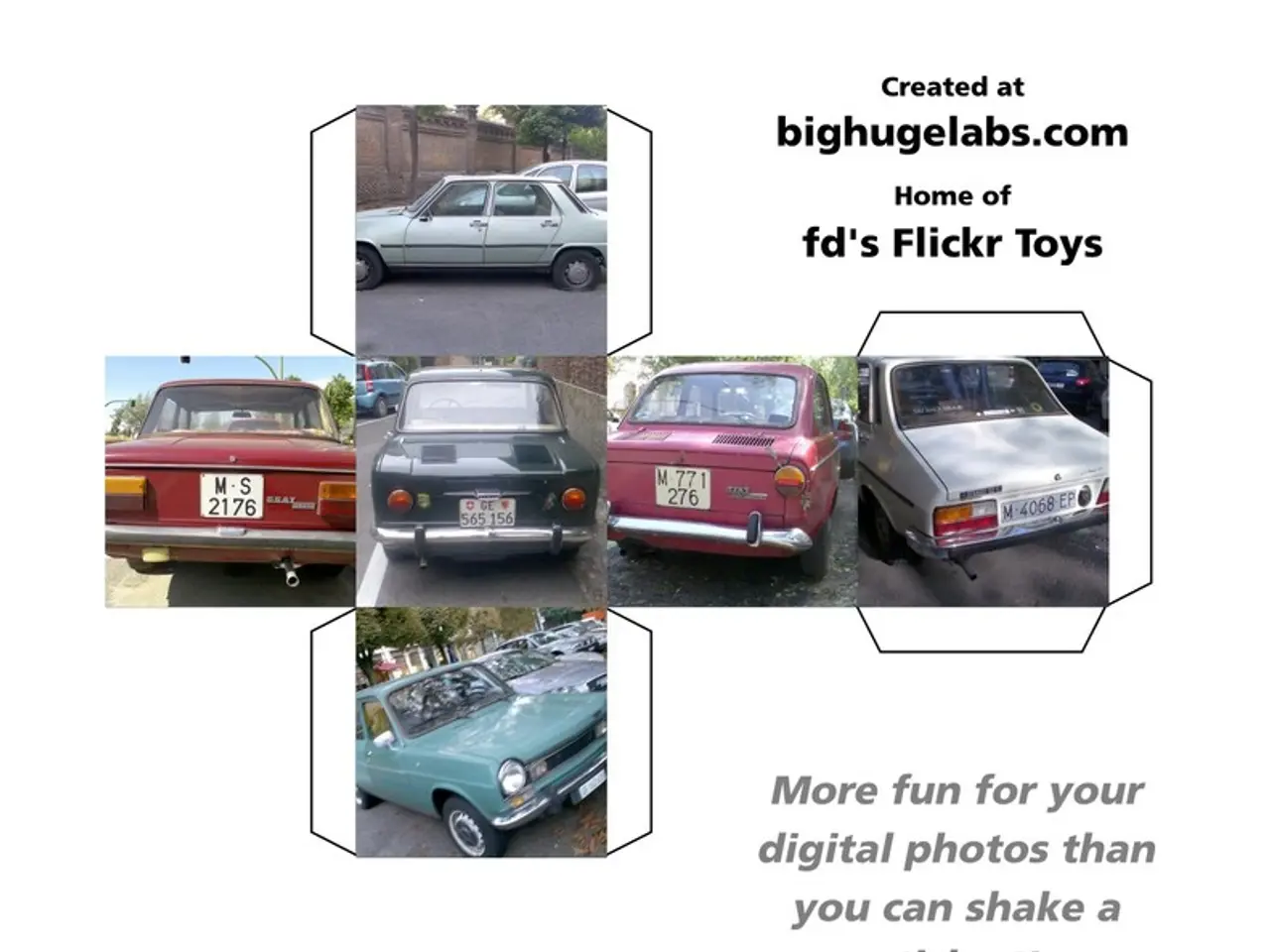U.S. Administration Advocates for Prohibition of Chinese and Russian Vehicle Technology Links
In a move to safeguard national security, the Biden-Harris Administration has announced new measures to restrict the sale and import of vehicles and parts that use certain foreign technologies. The focus is on connected vehicle technologies linked to foreign countries, particularly China and Russia.
The U.S. Department of Commerce has issued a notice of proposed rulemaking (NPRM) regarding the sale and import of connected vehicles and components that incorporate specific technologies from these countries. The proposed regulations specifically target "vehicle connectivity systems" (VCS), such as Bluetooth and Wi-Fi, and "automated driving systems" (ADS) that enable driverless vehicles.
Now more than ever, vehicles are directly connected into our country's digital networks. While connected vehicles provide benefits such as promoting vehicle safety and assisting drivers with navigation, they also pose new and growing threats. Computer systems that control vehicle movement and collect sensitive driver and passenger data could be exploited by foreign actors to gather data on critical infrastructure or disrupt vehicle operations.
The Department of Commerce has raised alarms about these potential threats. The proposed regulations aim to prohibit the import and sale of VCS and ADS technologies developed by entities linked to China or Russia. The restrictions on VCS and ADS software will start with vehicles in Model Year 2027, and hardware restrictions will take effect for Model Year 2030.
The Inflation Reduction Act, passed earlier this year, ties eligibility for the $7,500 EV tax credit to final assembly in North America and sourcing key battery minerals and components from the United States or trade partners. President Biden has also increased tariffs on Chinese electric vehicles and linked tax incentives for EVs to North American assembly. These actions underscore the Administration's commitment to ensuring that the American auto industry is leading in quality and innovation.
The Administration is seeking ongoing input from industry leaders and international partners to refine the proposed rule. The proposal for connected vehicle regulations considers exemptions to prevent unnecessary disruptions, particularly for smaller manufacturers. The aim is to ensure that U.S. automakers have the opportunity to compete on a level playing field as they develop the next generation of automobiles.
The announcement is the next step in a process President Biden announced in February, 2024. The Biden-Harris Administration is planning to protect national security from connected vehicle technologies linked to foreign countries, specifically China and Russia. The NPRM is a significant part of the Administration's strategy to strengthen U.S. automotive supply chains against foreign threats.
However, specific Chinese or Russian companies affected by the Biden-Harris Administration's planned regulations to prevent sales and imports of connectivity and autonomy vehicle systems for national security reasons are not named in the available search results. No detailed list or mention of particular firms from China or Russia impacted by such measures was found.
The Administration's actions underscore its commitment to ensuring the safety and security of American roads while fostering a competitive and innovative American auto industry.
Read also:
- Exploring Harry Potter's Lineage: Decoding the Enigma of His Half-Blood Ancestry
- Elon Musk Acquires 26,400 Megawatt Gas Turbines for Powering His AI Project, Overlooks Necessary Permits for Operation!
- U Power's strategic collaborator UNEX EV has inked a Letter of Intent with Didi Mobility to deploy UOTTA(TM) battery-swapping electric vehicles in Mexico.
- Global Gaming Company, LINEUP Games, Moves Into Extensive Global Web3 Multi-Platform Gaming Network







